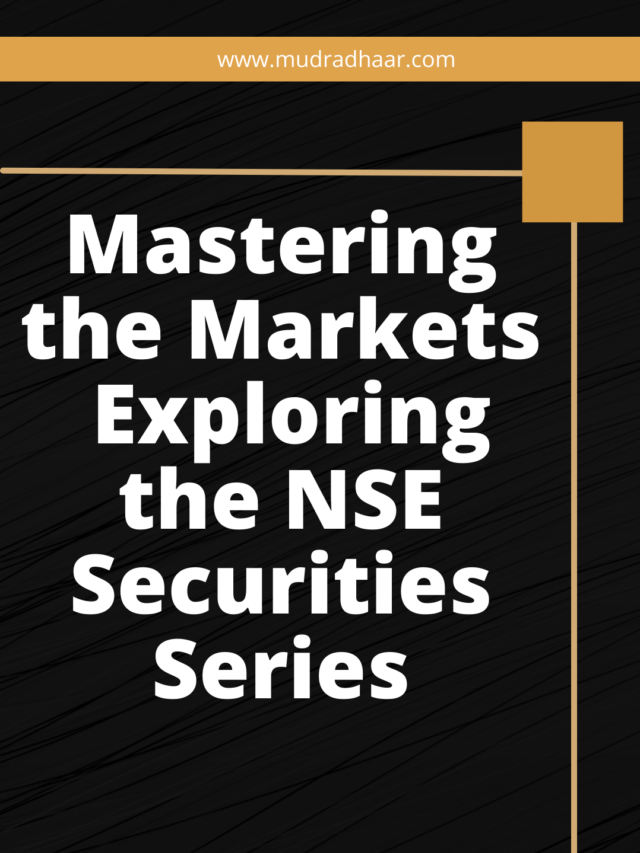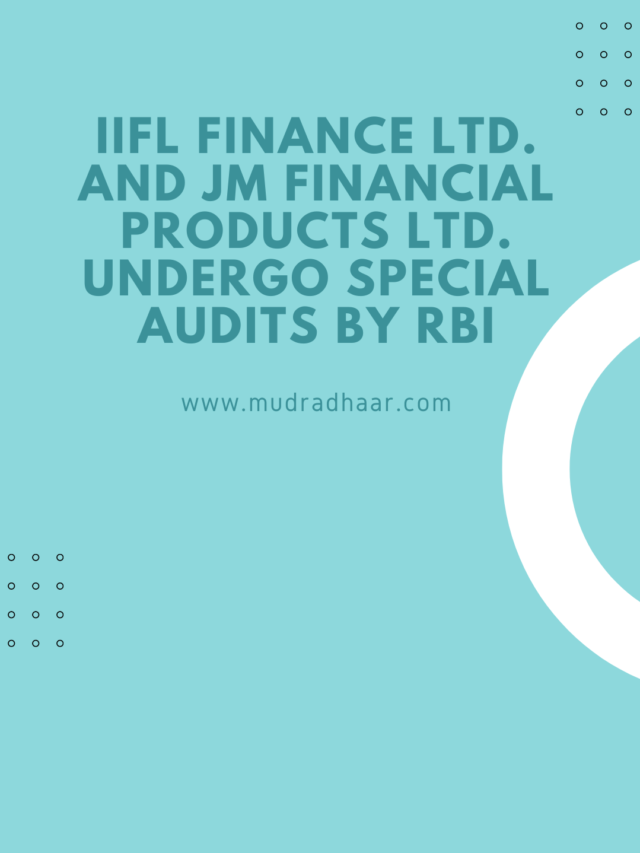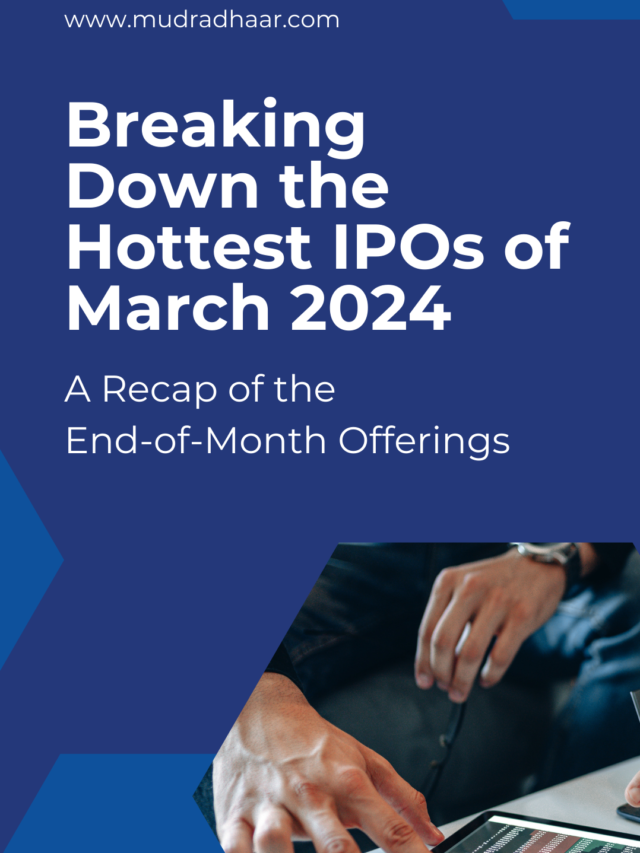Welcome to our blog, where we’re diving into the world of investments through the lens of the NSE Securities Series. If you’ve ever felt overwhelmed by the intricacies of the stock market or unsure about where to start with trading, you’re in the right place. Here, we break down the complexities of securities trading into bite-sized, easy-to-understand pieces. Whether you’re a seasoned investor or just dipping your toes into the market, our goal is to provide you with practical insights and strategies that you can use to make informed decisions and grow your wealth. So, grab a cup of coffee, sit back, and let’s embark on this journey together.
The NSE (National Stock Exchange) Securities Series represents a comprehensive suite of investment options available to traders and investors on one of India’s premier stock exchanges. Launched with the aim of providing diverse avenues for capital growth and risk management, the Securities Series encompasses a wide array of financial instruments, including equities, bonds, derivatives, exchange-traded funds (ETFs), and more. These instruments serve as building blocks for constructing investment portfolios tailored to varying risk appetites, investment goals, and market conditions.
Before delving deeper into the specifics of the NSE Securities Series, it’s essential to understand Rolling Settlement and Trade-For some foundational points:
1. Rolling Settlement:
– Rolling settlement refers to the process of settling trades on a periodic basis, typically every trading day or at regular intervals, such as T+2 (two days after the trade date).
– In a rolling settlement system, trades executed during a trading day are aggregated and settled after a certain number of business days. The standard T+2 settlement cycle is widely used in major stock exchanges around the world.
– The primary objective of rolling settlement is to ensure timely and efficient exchange of securities and funds between buyers and sellers. This helps reduce counterparty risk and ensures smooth functioning of the market.
2. Trade for Trade (TFT):
– Trade for trade, often abbreviated as TFT or T2T (trade-to-trade), is a segment introduced by stock exchanges to regulate trading in certain securities, typically those with high volatility, low liquidity, or under regulatory scrutiny.
– Securities listed in the TFT segment are subject to strict surveillance and regulatory measures to prevent price manipulation and ensure market integrity.
– In the TFT segment, every trade is settled on a compulsory delivery basis, meaning that buyers and sellers must exchange securities and funds for each transaction. This contrasts with regular trading segments where trades can be settled either on a delivery or a non-delivery (cash) basis.
– Additionally, securities traded in the TFT segment may have specific price bands or circuit filters imposed by the exchange to limit price fluctuations and maintain market stability.
Let’s brief you to instruments traded at NSE, categorized using NSE Securities Series and explore each instrument one by one:
- Fully Paid Equity Share: These are shares for which the entire nominal or face value has been paid by the shareholder.
- Units of Mutual Fund (Close Ended): These are units of investment in a mutual fund scheme that has a fixed maturity period. Once the scheme is closed for subscription, no new units are issued.
- Unit of Infrastructure Investment Trust (InvIT): InvITs are investment vehicles that own and manage income-generating infrastructure assets, such as roads, ports, and power plants. Investors hold units in the InvIT and receive distributions from the income generated by the underlying assets.
- Unit of Real Estate Investment Trust (REIT): Similar to InvITs, REITs are investment vehicles that own and manage income-generating real estate properties, such as office buildings, shopping malls, and residential complexes. Investors hold units in the REIT and receive distributions from rental income.
- Gold Bonds: These are government-issued bonds denominated in grams of gold. Investors receive interest payments and the value of the bond is linked to the prevailing market price of gold.
- Government Securities: These are debt instruments issued by the government to raise funds. They include treasury bills, bonds, and securities issued by government agencies.
- Right Entitlement (Trade for Trade): These are rights issued by companies to their existing shareholders, allowing them to purchase additional shares at a discounted price. Trade for trade refers to the segment where trading of these rights takes place on a compulsory delivery basis.
- State Development Loans: These are debt instruments issued by state governments to raise funds for development projects. They are also known as state bonds or state government securities.
- Treasury Bills: These are short-term debt instruments issued by the government with maturities ranging from a few days to one year. They are used to manage short-term liquidity and government financing needs.
- Block Deals: These are large transactions of securities that occur off the regular market order book. They involve a significant number of shares or units being bought or sold in a single transaction.
- Buyback of Equity Shares through Stock Exchange Route: This refers to the process by which a company repurchases its own shares from the market using a stock exchange platform.
- Partly Paid Equity Share: These are shares for which only a portion of the nominal or face value has been paid by the shareholder, with the remaining amount to be paid at a later date.
- Fully Convertible Preference Share: These are preference shares that can be converted into equity shares at a predetermined ratio and within a specified period.
- Non-Convertible Preference Share: These are preference shares that cannot be converted into equity shares and offer a fixed rate of dividend.
- Convertible Warrants: These are securities that give the holder the right to convert them into equity shares of the issuing company at a predetermined price and within a specified period.
- Fully Convertible Debt Instruments: These are debt instruments (such as bonds or debentures) that can be converted into equity shares of the issuing company at a predetermined ratio and within a specified period.
- Non-Convertible Debt Instruments: These are debt instruments (such as bonds or debentures) that cannot be converted into equity shares and offer a fixed rate of interest.
Up to this point, we’ve gained insight into various types of settlements and instruments. Now, let’s delve into the table below, illustrating how NSE securities series are denominated by NSE.
| SERIAL NO. | ALPHABET | SERIES NAME | DESCRIPTION |
| 1 | EQ | EQ | FULLY PAID EQUITY SHARE_ROLLING SETTLEMENT |
| 2 | BE | BE | FULLY PAID EQUITY SHARE_TRADE FOR TRADE |
| 3 | MF | MF | UNITS OF MUTUAL FUND (CLOSE ENDED)_ROLLING SETTLEMENT |
| 4 | ME | ME | UNITS OF MUTUAL FUND (CLOSE ENDED)_TRADE FOR TRADE |
| 5 | IV | IV | UNIT OF INFRASTRUCTURE INVESTMENT TRUST (INVIT)_ROLLING SETTLEMENT |
| 6 | ID | ID | UNIT OF INFRASTRUCTURE INVESTMENT TRUST (INVIT)_TRADE FOR TRADE |
| 7 | RR | RR | UNIT OF REAL ESTATE INVESTMENT TRUST (REIT)_ROLLING SETTLEMENT |
| 8 | RT | RT | UNIT OF REAL ESTATE INVESTMENT TRUST (REIT)_TRADE FOR TRADE |
| 9 | GB | GB | GOLD BONDS_ROLLING SETTLEMENT |
| 10 | GS | GS | GOVERNMENT SECURITIES_ROLLING SETTLEMENT |
| 11 | BE | BE | RIGHT ENTITLEMENT_TRADE FOR TRADE |
| 12 | SG | SG | STATE DEVELOPMENT LOANS_ROLLING SETTLEMENT |
| 13 | TB | TB | TREASURY BILLS_ROLLING SETTLEMENT |
| 14 | BL | BL | BLOCK DEALS |
| 15 | BO | BO | BUYBACK OF EQUITY SHARES THROUGH STOCK EXCHANGE ROUTE_ROLLING SETTLEMENT |
| 16 | E | E1 to E9 & EA to EZ | PARTLY PAID EQUITY SHARE_ROLLING SETTLEMENT |
| 17 | X | X1 to X9 & XA to XZ | PARTLY PAID EQUITY SHARE_TRADE FOR TRADE |
| 18 | Q | Q1 to Q9 & QA to QZ | FULLY CONVERTIBLE PREFERENCE SHARE_ROLLING SETTLEMENT |
| 19 | F | F1 to F9 & FA to FZ | FULLY CONVERTIBLE PREFERENCE SHARE_TRADE FOR TRADE |
| 20 | P | P1 to P9 & PA to PZ | NON CONVERTIBLE PREFERENCE SHARE_ROLLING SETTLEMENT |
| 21 | O | O1 to O9 & OA to OZ | NON CONVERTIBLE PREFERENCE SHARE_TRADE FOR TRADE |
| 22 | W | W1 to W9 & WA to WZ | CONVERTIBLE WARRANTS_ROLLING SETTLEMENT |
| 23 | K | K1 to K9 & KA to KZ | CONVERTIBLE WARRANTS_TRADE FOR TRADE |
| 24 | D | D1 to D9 & DA to DZ | FULLY CONVERTIBLE DEBT INSTRUMENTS_ROLLING SETTLEMENT |
| 25 | S | S1 to S9 & SA to SZ | FULLY CONVERTIBLE DEBT INSTRUMENTS_TRADE FOR TRADE |
| 26 | N | N1 to N9 & NA to NZ | NON CONVERTIBLE DEBT INSTRUMENTS_ROLLING SETTLEMENT |
| 27 | Y | Y1 to Y9 & YA to YZ | NON CONVERTIBLE DEBT INSTRUMENTS_ROLLING SETTLEMENT |
| 28 | Z | Z1 to Z9 & ZA to ZZ | NON CONVERTIBLE DEBT INSTRUMENTS_ROLLING SETTLEMENT |
| 29 | 1 | 11 to 19 & 1A to 1Z | NON CONVERTIBLE DEBT INSTRUMENTS__TRADE FOR TRADE |
| 30 | BZ | BZ | THE SECURITIES MOVED TO TRADE FOR TRADE (Z CATEGORY) FOR NON-COMPLIANCE OF CERTAIN LISTING CONDITIONS AS PER SEBI CIRCULAR NO. CIR/MRD/DSA/31/2013 DATED SEPTEMBER 30, 2013. |
In conclusion, our exploration has provided valuable insights into the diverse landscape of financial instruments and settlement mechanisms within the NSE securities series. From understanding the nuances of rolling settlements to examining the characteristics of different instruments such as mutual fund units, infrastructure and real estate investment trusts, gold bonds, government securities, and more, we’ve navigated through a range of investment options. By delving into these concepts and instruments, we’ve expanded our understanding of the financial markets and the opportunities they offer for investors. As we continue to explore and engage with the dynamic world of finance, let’s leverage this knowledge to make informed investment decisions and navigate the markets with confidence.
For direct access to the NSE Legend of Series page and detailed explanations provided by the National Stock Exchange (NSE), please click here.
To open an account with Zerodha and receive 100% reimbursement of account opening charges from me, click here:
For any further queries regarding trading, investments or other related matters, please feel free to contact us.







